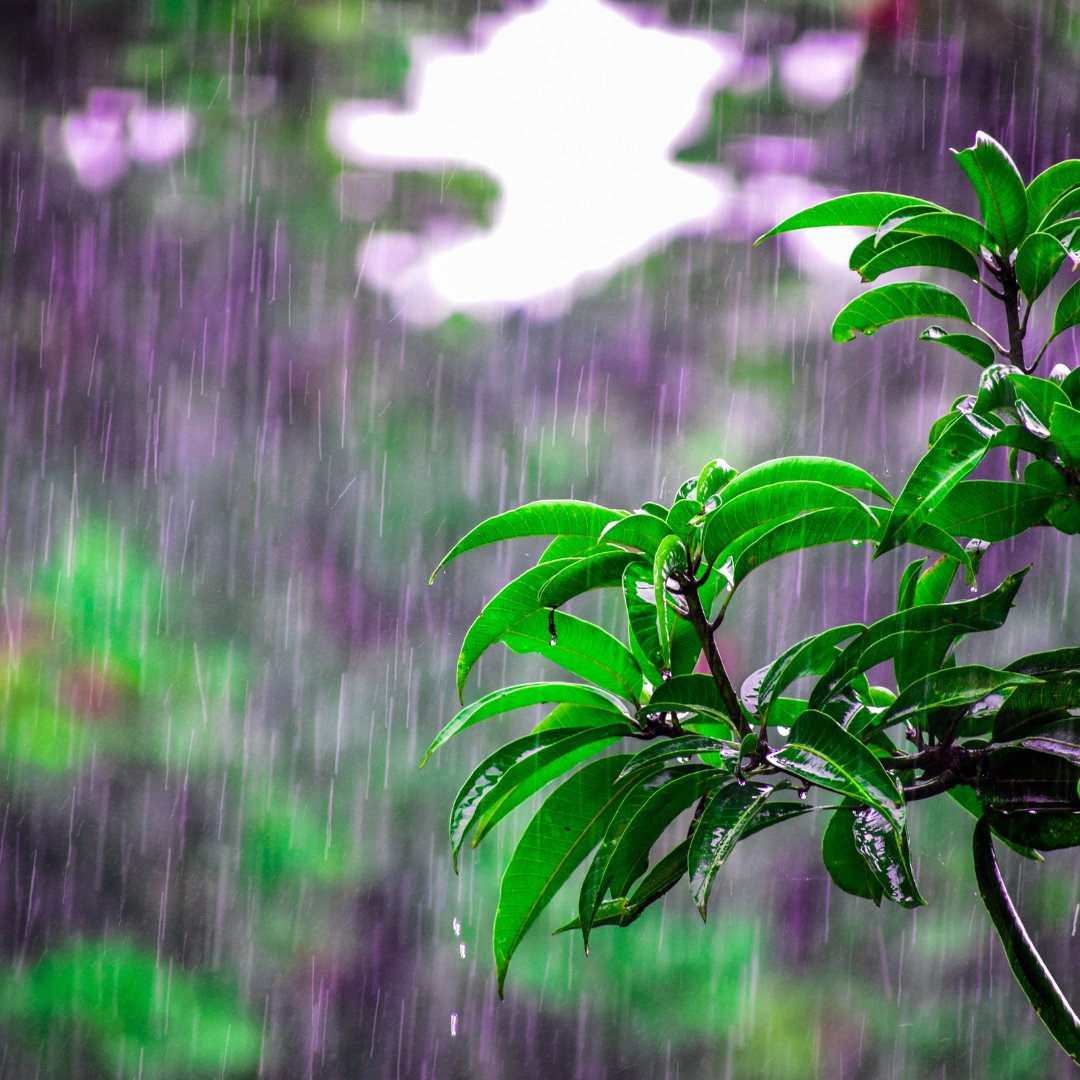Choosing the Best Water for Gardening: Rainwater vs Reverse Osmosis vs Tap Water
Introduction
Water is the lifeline of any garden, and its quality directly influences plant growth, soil health, and the garden's overall ecosystem. In this post, we compare the benefits and considerations of using rainwater, reverse osmosis water, and tap water in gardening, helping you decide which is best for your garden's flourishing.
1. Rainwater: A Natural Boon for Gardens
For ages, gardeners have valued rainwater as a pure, chemical-free water source. Its natural composition, devoid of the additives found in tap water, makes it ideal for gardening.
Advantages of Using Rainwater in Your Garden:
- Chemical-Free: It's free from chlorine and other chemicals found in municipal water.
- Ideal pH: Rainwater's slightly acidic nature can help maintain the soil's pH balance, enhancing nutrient absorption.
- Mineral-Free: With no minerals, rainwater doesn't contribute to soil salinity or root damage.
2. Reverse Osmosis Water: The Essence of Purity
Reverse osmosis (RO) is a sophisticated process that filters out most impurities and minerals from tap water, making it an excellent choice for sensitive gardening applications.
Benefits of Reverse Osmosis Water for Gardening:
- Ultra-Pure: RO water's purity ensures that plants receive only the nutrients you choose to add.
- Controlled Nutrition: The lack of minerals in RO water allows precise control over the nutrients your plants absorb.
- Prevents Soil Salinity: Its low mineral content helps in maintaining healthy soil structure.
3. Tap Water: A Readily Available Resource
Tap water is the most accessible option for many gardeners, but its quality can vary. It's essential to consider its composition and treatment.
Key Considerations for Tap Water in Gardening:
- Chemical Treatment: Chlorine and other chemicals in tap water can affect soil microorganisms and plant health.
- Mineral Content: Minerals like calcium and magnesium, while sometimes beneficial, can lead to soil compaction and nutrient uptake issues.
- pH and Alkalinity Variations: The pH level of tap water can differ, potentially affecting soil pH over time.
4. Choosing the Best Water for Your Garden
The decision between rainwater, RO water, and tap water depends on factors such as your location, gardening objectives, and resources. While rainwater and RO water offer more quality control, tap water can be suitable if its properties are considered and managed. Regular testing and adjustments are key to ensuring optimal plant health.
Conclusion
The choice of water can significantly impact the thriving of your garden. Rainwater and reverse osmosis water generally provide more benefits for plant health and soil quality, but the right choice depends on your specific gardening conditions. Regular monitoring of soil and plant health is crucial, regardless of the water source, to adapt your watering practices for a lush, healthy garden.
Frequently Asked Questions (FAQs)
1. Is rainwater safe for all types of plants?
Yes, rainwater is generally safe and beneficial for most plants due to its chemical-free and slightly acidic nature.
2. Can I use RO water alone for hydroponics?
Yes, RO water is often ideal for hydroponics because it allows growers to control nutrient levels precisely.
3. How can I improve the quality of my tap water for gardening?
You can use a dechlorinator or let the water sit for 24 hours to allow chlorine to evaporate. Filtration systems can also help.
4. Does tap water harm soil microbes?
Chlorine in tap water can harm beneficial soil microbes. Using rainwater or dechlorinated water is preferable for soil health.
5. What is the best way to collect and store rainwater?
Use a clean, covered rain barrel with a fine mesh screen to prevent debris and mosquito breeding, and store it in a shaded area.

